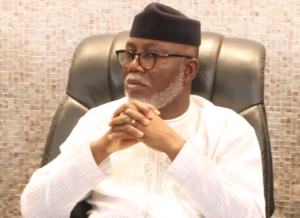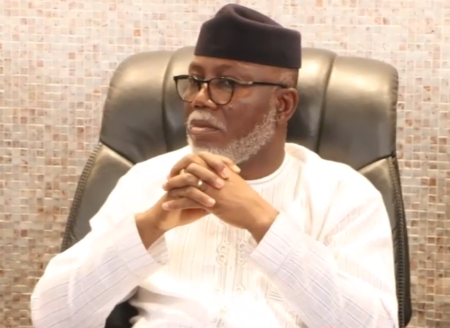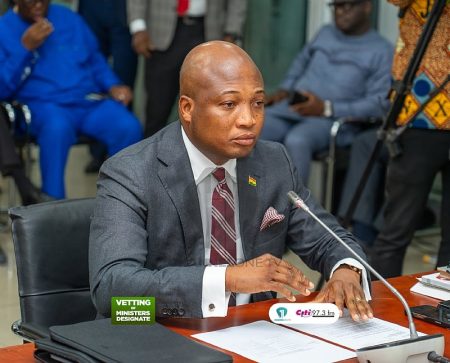The National Union of Local Government Employees (NULGE) has expressed deep concerns over the persistent obstacles hindering the implementation of local government autonomy in Nigeria. NULGE’s National President, Hakeem Ambali, pointed fingers at saboteurs actively working to undermine the Supreme Court’s landmark judgment, which affirmed the financial autonomy of the 774 local governments across the country. This judgment, delivered on July 11, 2024, explicitly stripped state governors of the power to control funds allocated to local councils, a practice that had long been a source of contention and hampered grassroots development. Ambali’s statement highlights the growing frustration within NULGE and underscores the urgency of fully implementing the court’s decision to ensure the financial independence of local governments.
The Federal Government has attributed the delay in the direct disbursement of funds to local governments to an ongoing profiling process for authorized signatories to the LGAs’ accounts. While this explanation offers a procedural justification, NULGE’s concerns about deliberate sabotage raise questions about the sincerity and effectiveness of the implementation process. The Supreme Court’s ruling was hailed as a victory for local governance and a crucial step towards empowering local communities. However, the continued delays and perceived resistance to the implementation suggest that significant challenges remain in translating this legal victory into tangible change on the ground.
The struggle for local government autonomy in Nigeria has a long and convoluted history, marked by power struggles between the federal and state governments, and internal conflicts within the local government system itself. Prior to the Supreme Court’s judgment, state governors often wielded significant influence over local government finances, effectively controlling the allocation and utilization of funds. This centralized control often led to accusations of misappropriation, lack of accountability, and underdevelopment at the grassroots level. The court’s ruling was intended to break this cycle and empower local governments to manage their resources and drive development within their communities.
NULGE’s accusation of sabotage points to the complex political dynamics at play. Entrenched interests benefitting from the status quo are likely resisting the implementation of autonomy, fearing a loss of control and access to resources. This resistance could manifest in various forms, including bureaucratic delays, legal challenges, and political maneuvering. Overcoming this resistance will require strong political will and concerted efforts from all stakeholders, including the Federal Government, state governments, and civil society organizations.
NULGE has appealed to President Bola Tinubu to take a more proactive role in ensuring the implementation of the Supreme Court’s judgment. Acknowledging the President’s initial support in instituting the lawsuit that led to the landmark ruling, NULGE urged him to maintain momentum and not relent in the face of opposition. The call for presidential intervention underscores the importance of high-level political leadership in driving this critical reform. The success of local government autonomy hinges not only on legal pronouncements but also on the political will to enforce those pronouncements and overcome resistance from vested interests.
The successful implementation of local government autonomy in Nigeria holds immense potential for transforming governance and development at the grassroots level. By empowering local governments to manage their own finances, the reform promises to enhance accountability, improve service delivery, and stimulate local economic growth. However, realizing this potential requires addressing the challenges posed by sabotage, bureaucratic inertia, and political resistance. The ongoing struggle highlights the complex interplay of legal, political, and economic factors that shape the evolution of local governance in Nigeria. The ultimate success of this reform will depend on the collective commitment of all stakeholders to overcome these challenges and build a truly decentralized and empowered local government system.














